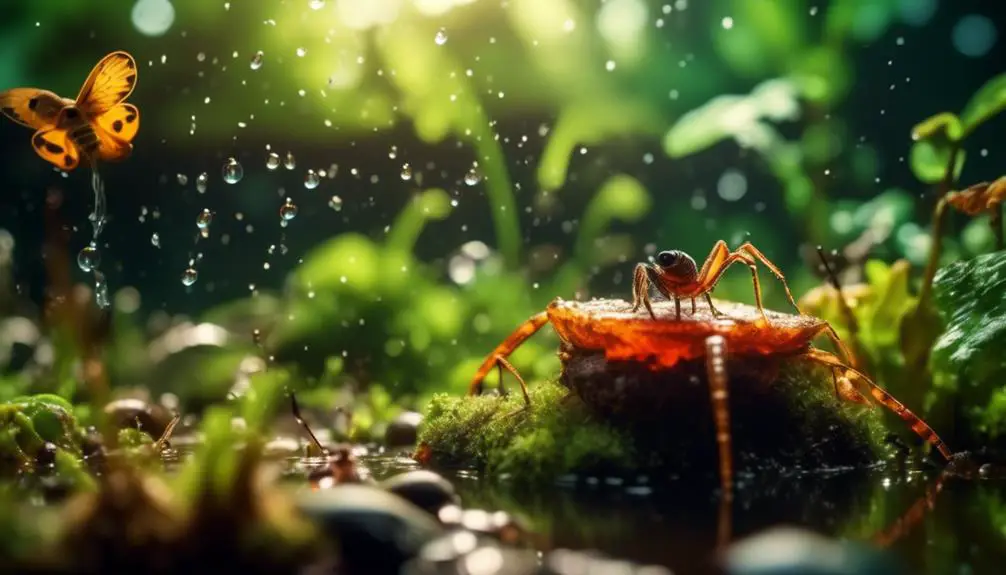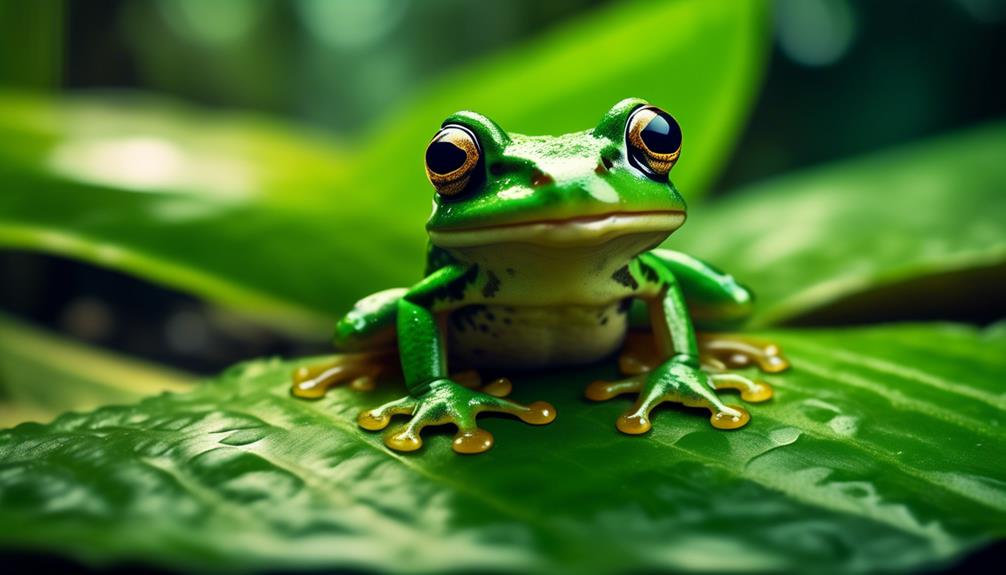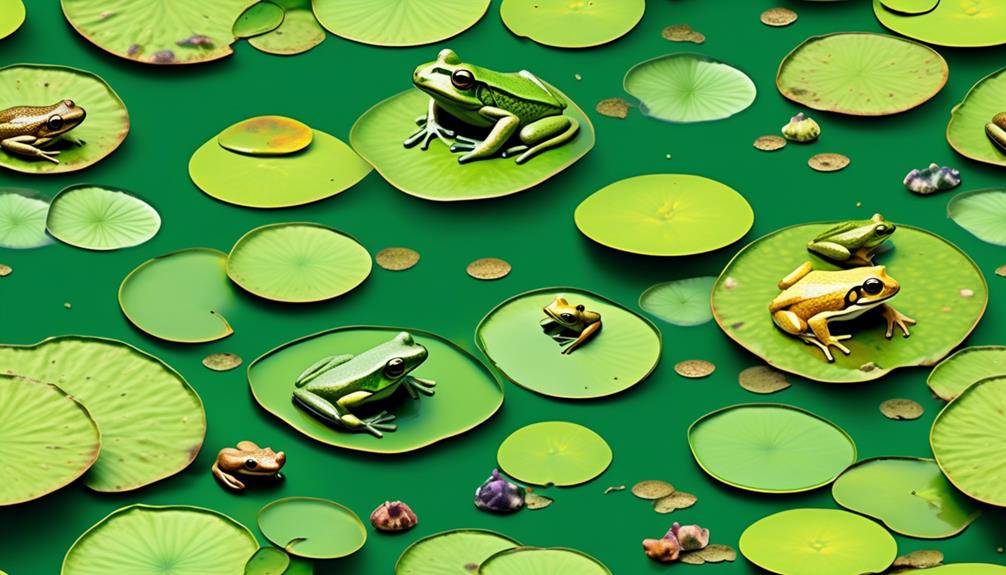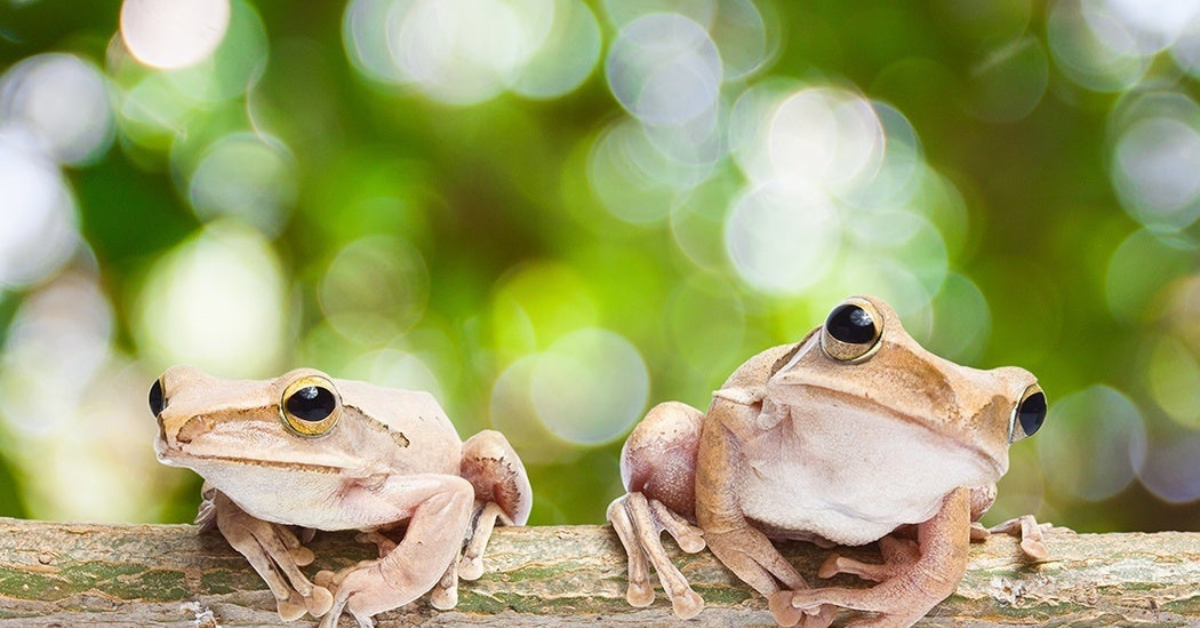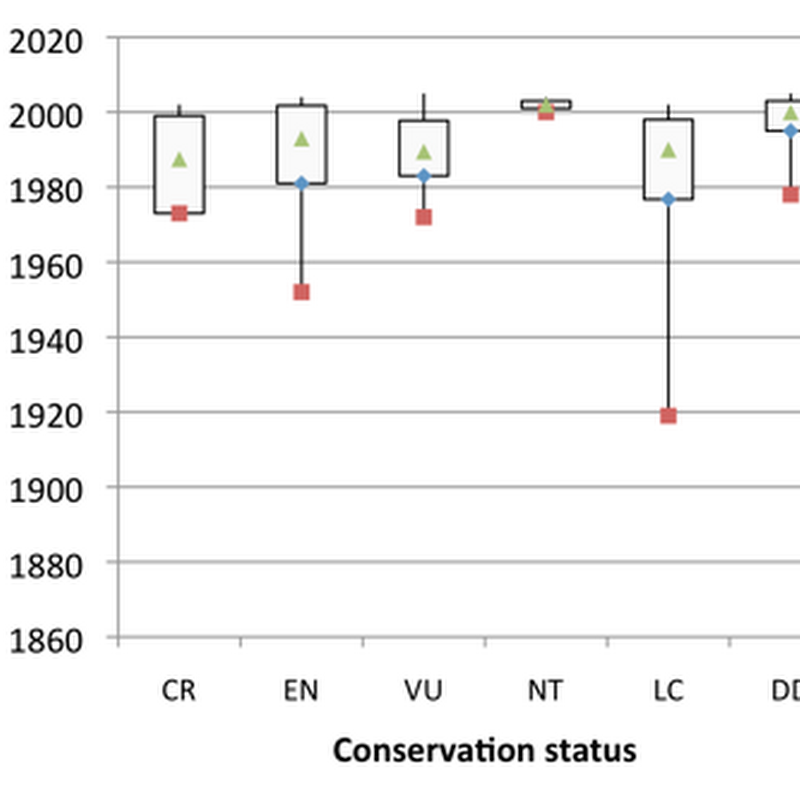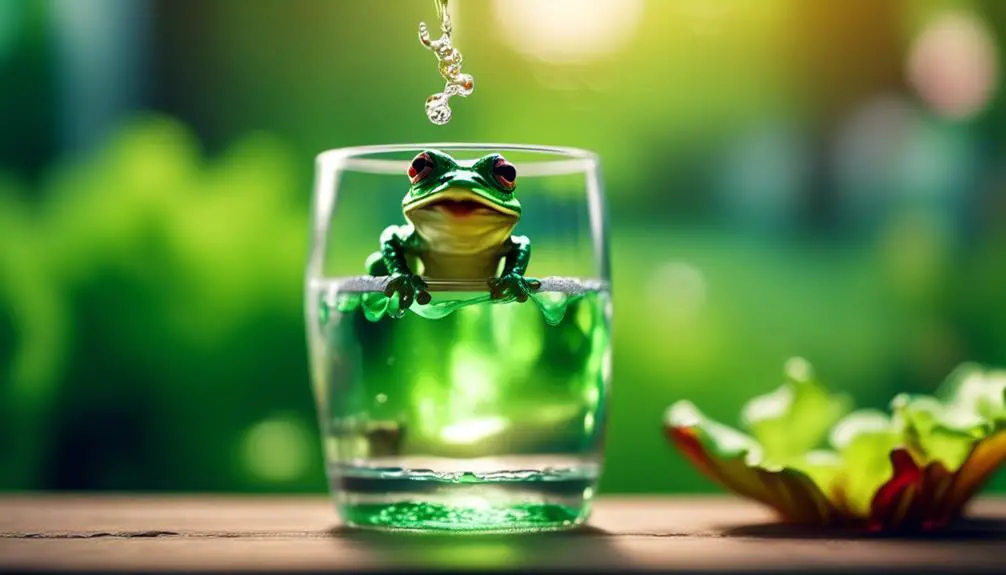
Have you ever stopped to ponder the mysteries of the natural world? One such enigma lies in the realm of frogs and their water consumption. While it may seem like a straightforward question, the answer to whether frogs drink water is not as simple as it appears. In this discussion, we will uncover the truth behind this intriguing query and shed light on the fascinating ways in which these amphibians sustain themselves.
